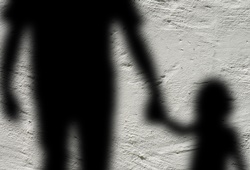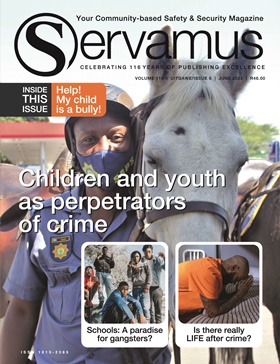Compiled by Kotie Geldenhuys
Benjamin Franklin said that there are only two things certain in life, namely death and taxes, and yet, many people are uncomfortable when talking about death. When the concept of assisted death is added to a conversation, many people will find an excuse not to participate. But have you ever thought about living in chronic pain and/or with a life-threatening illness where no treatment is able to bring any relief while life is slowly slipping away from you? In such a scenario the option of having a doctor to help you end your life and save you from this intolerable suffering suddenly becomes an option to consider.
The topic of assisted death or euthanasia, is complex and controversial since it raises many ethical, legal and medical questions. Proponents argue that it is a humane and compassionate response to people who are suffering intolerably and have no hope of recovery. They are of the opinion that in a civilised society, people should be able to choose when they are ready to die and that help should be available if they are unable to end their lives on their own. Opponents on the other hand argue that it is morally wrong and that it undermines the sanctity of human life. They argue that life is given by God and that only God can take it (The Week, 2021). Some argue that it is the role of medical doctors to preserve life and not to cause death (Jones, 2022). Others are concerned that doctors could abuse their positions to take the lives of vulnerable patients, or that patients might be killed against their wishes (The Week, 2021 and Jones, 2022).
What is assisted death/suicide?
Assisted dying refers to both voluntary active euthanasia and physician-assisted death. Voluntary active euthanasia happens when a physician plays an active role in the patient's request to die. This is usually done by supplying an intravenous lethal substance (Euronews, 2022) such as when a doctor administers a lethal injection (BBC, 2021). Physician-assisted death happens when medical personnel provide the patient with the lethal means to take their own lives. Passive euthanasia is permissible in some countries and refers to the process when the patient or a family member requests the withdrawal or withholding of life-preserving treatments. However, people must not confuse passive euthanasia with withdrawing life-sustaining treatment in the person's best interests which can be part of palliative care and is not necessarily euthanasia (Euronews, 2022).
Countries allowing assisted dying
In some countries and jurisdictions assisted dying is legal even though the laws and regulations vary widely and are accompanied by strict criteria and safeguards to prevent abuse. The number of countries where legalised euthanasia or assisted dying is legal are growing. Countries where assisted dying is legal include:
- Switzerland has been allowing assisted death/suicide since 1942 (Euronews, 2022). Only physician-assisted suicide without a minimum age requirement, diagnosis or symptom state is allowed. Active euthanasia is not allowed and assisted death is deemed illegal if the motives are "selfish". Here is an example: when someone who is assisting with the death stand to inherit earlier or when the burden of caring for a sick person becomes too much (The Week, 2021).
- The Netherlands allows for euthanasia and assisted suicide when a person experiences unbearable suffering and there is no chance of improvement. There is neither a requirement that the person must be terminally ill nor is there any mandatory waiting period. However, before assisted dying can be approved, doctors must consult with at least "one other, independent doctor to confirm that the patient meets the necessary criteria" (The Week, 2021). In October 2020, the Dutch government approved plans to allow euthanasia for terminally ill children under the age of 12. According to the Dutch Health Ministry, this change will prevent some children from "suffering hopelessly and unbearably". However, parental consent is required for children under the age of 16 (BBC, 2020).
- Belgium allows euthanasia and assisted suicide in cases of "unbearable suffering and no prospect of improvement". The country imposed a one-month waiting period before euthanasia can be performed in cases where a patient is not terminally ill. Although there is also no age restriction for children, they must suffer from a terminal illness to meet the criteria for approval (The Week, 2021).
- Luxembourg permits both assisted suicide and euthanasia for adults who "have an incurable condition with constant, intolerable mental or physical suffering and no prospect of improvement" (The Week, 2021).
- In Spain it has been legal for people to end their own life in some circumstances since March 2021. Adults with "serious and incurable" diseases that cause "unbearable suffering" can choose to end their lives. Such an adult must be a Spanish national or legal resident and be "fully aware and conscious" when they make the request, which has to be submitted twice in writing, 15 days apart (BBC, 2021).
***********************
[This is only an extract of an article that is published in Servamus: April 2023. The rest of the article asks whether assisted death/suicide and euthanasia is popular; deals with human rights and dignity; and this debate in South Africa. If you are interested in reading more, send an e-mail to: This email address is being protected from spambots. You need JavaScript enabled to view it. or a WhatsApp to: 078 712 1745 to find out what you have to do. Ed.]








